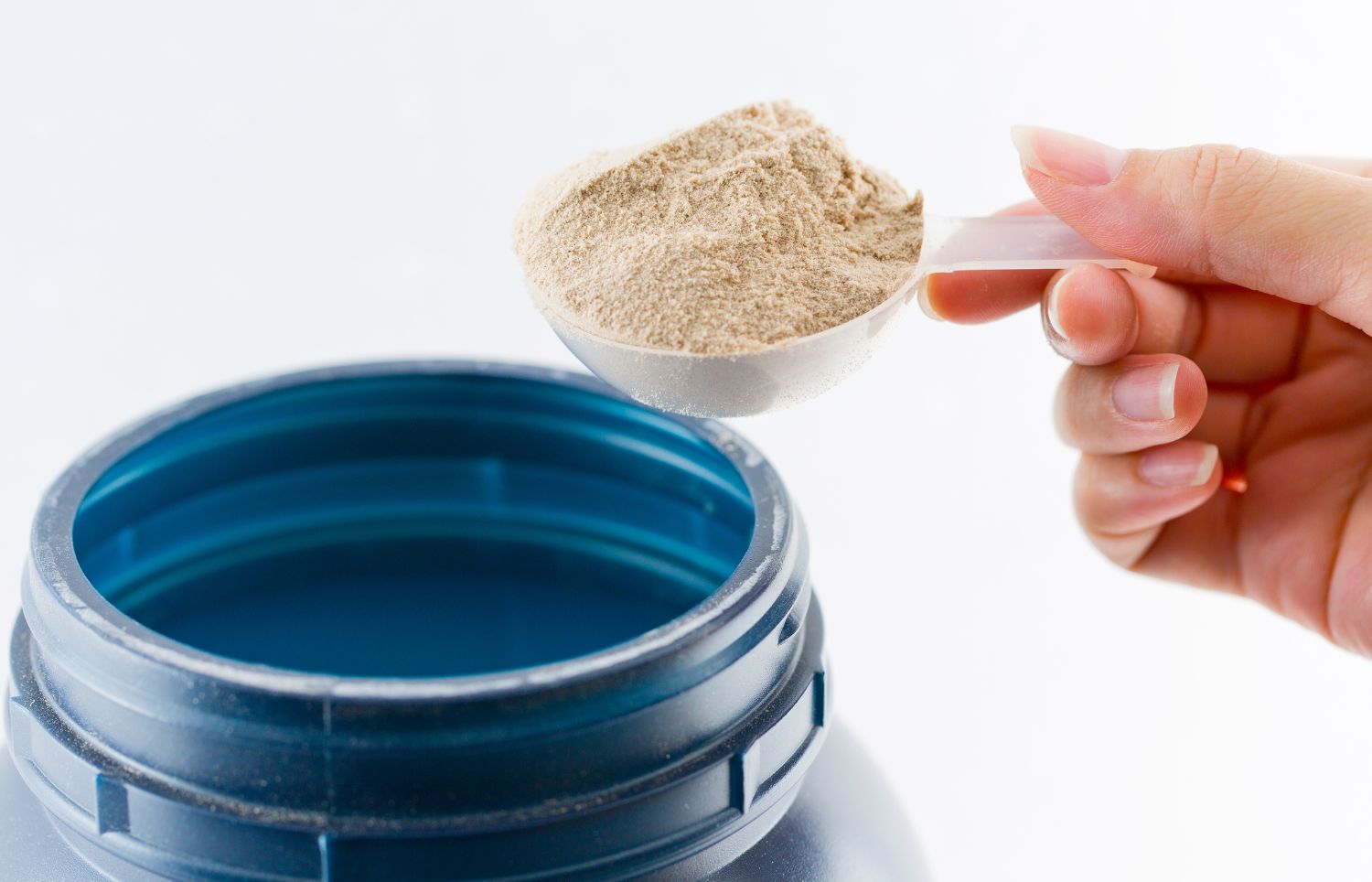Coeliac disease, also known as celiac disease, is a serious autoimmune condition that can cause long-term damage to the digestive system that affects around 1 in 100 people in the UK. It is important to be aware of the early warning signs of coeliac disease so that you can get a diagnosis and treatment as soon as possible. In this article, we will discuss some of the most common early warning signs of coeliac disease.
Coeliac disease is often diagnosed in childhood or adolescence, but it can develop at any age. The most common early warning signs of coeliac disease include:
Excessive gas or wind
Digestion problems, such as gas, are the first signs of coeliac disease. Gas does not always indicate a digestive disorder. It can also be caused by diet changes, such as an increase in fibre intake. However, if your gas persistently interferes with your daily life or if you are suffering from other symptoms, such as bloating, you should always seek medical attention.
Chronic diarrhoea
A change in your bowel movement is another one of the earliest signs of coeliac disease. Diarrhoea is one of the most common symptoms of coeliac disease, with one study discovering that 77% of coeliac disease patients experience loose, watery stools in their early stages of diagnosis. Diarrhoea occurs when the body cannot absorb nutrients properly. It can cause them to smell foul, become greasy, and foam up.
Constipation
Another commonly experienced symptom is constipation. As a result of damaged intestines, stools absorb more moisture, leading to a hardened stool that is more challenging to pass through the body. It may be worth keeping a diary of what you need to get a better understanding of what is triggering your constipation or diarrhoea.
Noticeable weight loss
Another early warning sign is malnutrition. This happens when the small intestine is unable to absorb enough nutrients from food to gain a healthy weight. The effects of malnutrition on the body can include anaemia and weight loss. Children who are malnourished may grow slowly and have short stature as a result of their insufficient nutrition.
Fatigue and lack of energy
When your body is not able to absorb nutrients efficiently, it can lead to a domino effect on the overall state of your health and energy levels, leading to feeling fatigued and extremely tired. A person who does not have coeliac disease will be able to bounce back after a good night’s sleep; however, with coeliac disease, you’ll notice more frequent and unexplained periods of fatigue and tiredness.
Abdominal pain and bloating
Another classic early warning sign of coeliac (celiac) disease is chronic abdominal pain and bloating of the stomach. This dull and mild abdominal pain is most commonly felt after eating. Once diagnosed with Coeliac disease, one of the ways to improve this symptom is by switching to a gluten-free diet.
Anaemia or Iron-deficiency
Coeliac disease often damages the lining of the small intestine, therefore limiting its ability to absorb nutrients such as iron. This can create an iron deficiency in the body which consequently leads to anaemia. In anaemia, red blood cells are abnormally low, and it causes other symptoms such as extreme weakness, headaches, dizziness and tiredness.
Mouth Ulcers or Skin Rash
In some cases mouth ulcers can be a symptom of coeliac disease, or you may experience an itchy rash on your skin. The body essentially can’t absorb nutrients properly, so the symptoms are often around digestive issues which in turn can cause nutrient deficiency. It’s not clear why the immune system reacts to gluten in this way.
If you are experiencing any of these symptoms, it is important to talk to a doctor about the possibility of coeliac disease. For children, symptoms can be slightly different and this article covers what to look out for, and what to expect if you need to seek advice.
Coeliac UK is a charity dedicated to supporting research towards a cure, and supporting people who live with coeliac disease to get the correct diagnosis and help them manage their diet properly. If you think you may have coeliac disease, you can take their online assessment here.
Early diagnosis and treatment are essential for preventing long-term damage to the digestive system. Diagnosis is not always simple and can involve returning to a wheat-inclusive diet in order for tests to pick up on the intolerance. The symptoms can also be confused with IBS or wheat intolerance which are less severe. While there is no cure for coeliac disease, with careful dietary restrictions the symptoms can be controlled and almost completely avoided, and healthy routines re-established. A strict gluten free diet is required however, which can make it more difficult when eating out or going abroad. If you are in doubt however, return to your GP and gain further advice.









